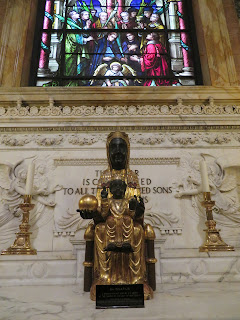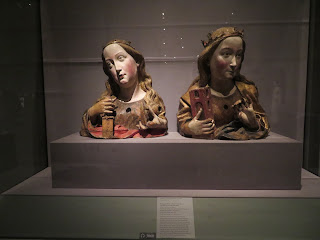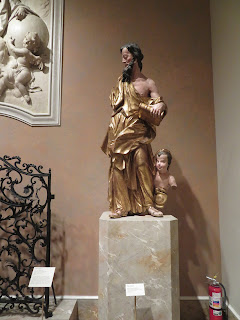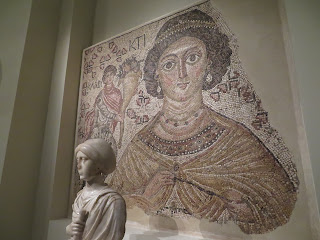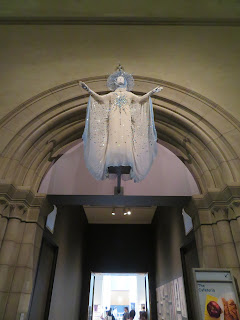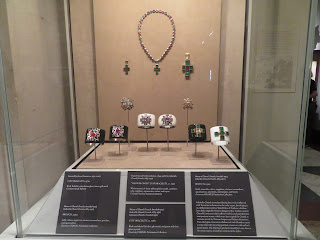reminding God - 30th week wednesday

Today it would seem that we are being informed by Jesus of the forgetfulness of God. Lord let us in. And he replied, I do not know where you are from. But we ate and drank in your company. And he replied, I do not know where you are from, depart from me. It seems that God cannot remember. There are two things we can do in order to remind God as it were. First is to pray the rosary. The rosary is a prayer of remembrance, reminding the Father what Jesus has done for us in the joyful mysteries, in the luminous mysteries, what Jesus had gone through in the sorrowful mysteries and in the glorious mysteries. When you pray the rosary it’s like saying, don’t forget your people Lord, for Jesus your Son has already done so much for us. Pray the rosary. The rosary helps God to remember you. October is the month of the rosary and we end it today, though we should not stop pr...






